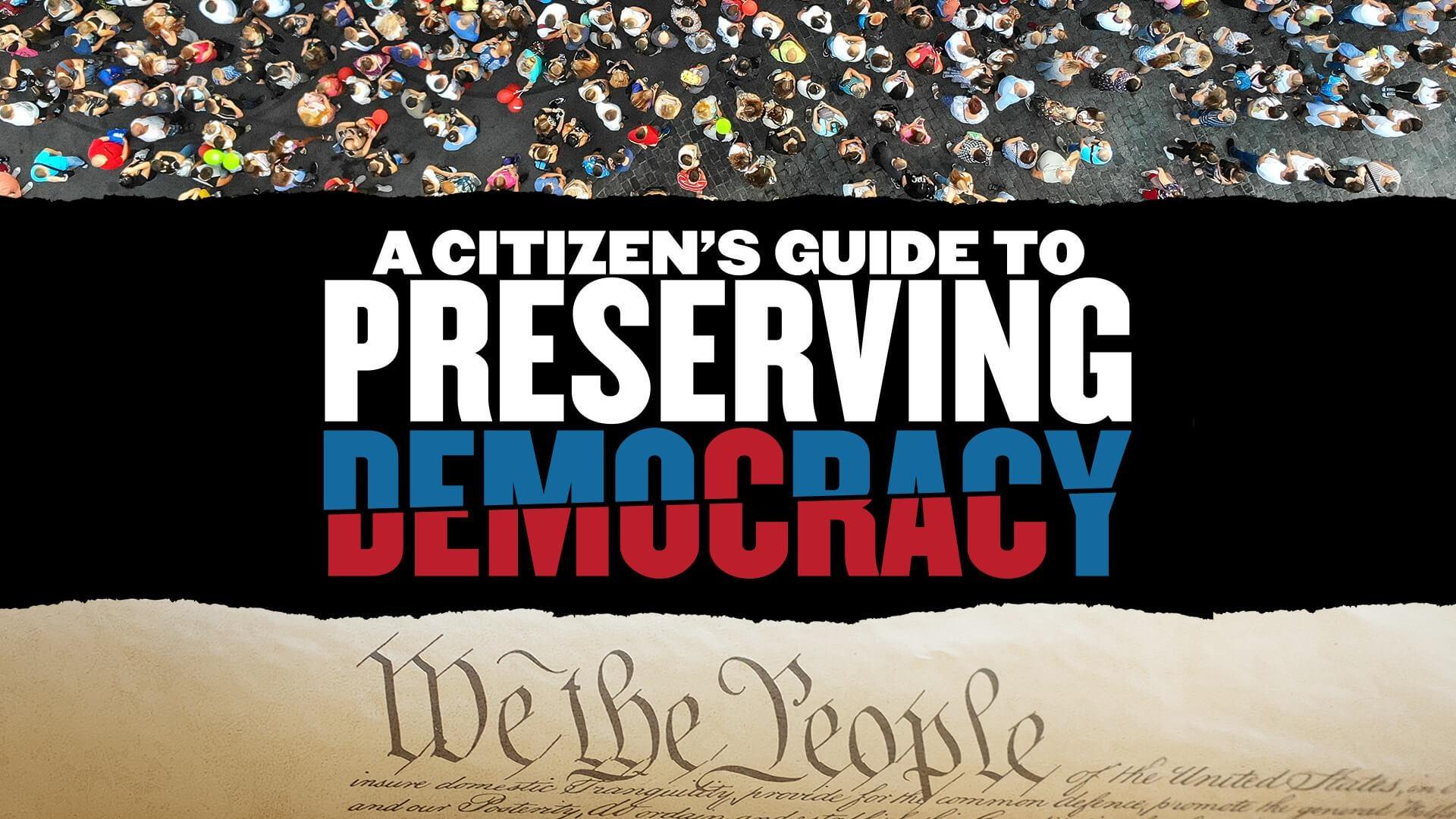The question of democracy—and what occurs when it falters—has emerged as an increasingly pertinent issue within contemporary discourse. The Bahá’í teachings provide a profound and multifaceted framework for understanding the implications of democratic disarray. This guide will delve into the various dimensions of Bahá’í perspectives on democracy, including the nature of governance, the importance of unity, and practical avenues for engagement in times of democratic distress.
At the heart of Bahá’í philosophy lies the recognition of the fundamental oneness of humanity. The Bahá’í Faith asserts that democracy is not merely a structure of governance; it is a manifestation of the principle of unity. Accordingly, when democracy falters—manifesting as polarization, disenfranchisement, or systemic injustice—the Bahá’í community is called to rise collectively and engage proactively to restore and reinforce democratic principles.
1. Principles of Just Governance
Central to the Bahá’í vision of governance is the concept of justice. Bahá’í teachings emphasize that any legitimate government is predicated upon justice as its cornerstone. When democracy experiences turmoil, individuals are urged to advocate for policies that underscore fairness and equity. This may involve lobbying for reforms or supporting movements that seek to uphold human rights and fundamental freedoms. Engaging in such activities doesn’t merely reinforce democratic principles; it aligns with the Bahá’í commitment to creating a just society.
Furthermore, the idea of consultative governance is paramount. The Bahá’í principle of consultation involves a collective decision-making process that values diverse perspectives. In faltering democracies, there may arise a tendency for authoritarianism or elitism. Bahá’ís are encouraged to foster dialogue among different factions, facilitating discussions aimed at reconciling differences and reaching consensus.
2. Promoting Unity in Diversity
In addressing democratic decline, the Bahá’í teachings underscore the necessity of enhancing unity in diversity. The challenges facing contemporary democracies often stem from deep-seated divisions—socially, politically, and ethnically. Within this context, Bahá’ís are called to create platforms for constructive engagement, thereby promoting reconciliation among polarized groups. This can take many forms: community forums, interfaith dialogues, or participatory initiatives that include marginalized voices. By emphasizing shared values and common humanity, Bahá’ís can help dispel fear and distrust, thereby revitalizing the democratic fabric of society.
Moreover, the Bahá’í teachings advocate for the elimination of prejudices that impede social cohesion. In situations of democratic destabilization, prejudices can exacerbate societal rifts. Engaging in education campaigns that highlight the importance of equality and respect can serve as a counter-narrative to divisive rhetoric. Bahá’ís can become catalysts for social change by fostering an ethos of acceptance, compassion, and understanding.
3. Selfless Service and Civic Engagement
As Bahá’ís navigate the tumultuous waters of declining democracy, the emphasis on selfless service becomes paramount. The teachings advocate for active civic engagement that transcends mere participation in elections or political discourse. Rather, Bahá’ís are encouraged to immerse themselves in community service initiatives that address urgent needs, such as education, healthcare, and social welfare. By doing so, they not only fulfill their ethical obligations but also demonstrate the vital role of citizenry in enhancing the democratic process.
Engaging in local governance is also crucial. Bahá’ís can participate in advisory councils, civic boards, and community organizations as a means to influence policy-making from within. Their involvement can help inject a spirit of altruism and collective responsibility into the political landscape, moving away from self-serving agendas that often plague faltering democracies.
4. Elevating Spiritual Awareness
In turbulent political climates, the Bahá’í teachings call for the elevation of spiritual consciousness as a means of transcending divisiveness. The spiritual perspective provides a broader framework for understanding that earthly governance is not the ultimate aim; rather, it is part of a larger divine scheme. Bahá’ís are encouraged to engage in prayer and meditation, cultivating inner peace and resilience. Such practices not only fortify individual spirits but also empower communities to act with integrity amidst chaos.
Moreover, Bahá’ís can engage in educational efforts aimed at fostering moral and ethical development within society. By teaching the principles of love, justice, and equity, they can inspire others to reconsider their roles as citizens and stewards of democratic ideals. This spiritual activism serves as a counterbalance to materialistic tendencies that can overshadow the true purpose of governance.
5. Building Partnerships and Collaboration
The path forward, especially when democracy falters, necessitates collaboration across various sectors of society. Bahá’í teachings encourage the forging of alliances with organizations, activists, and thought leaders who resonate with shared values and objectives. By coming together, disparate groups can create coalitions that advocate for democratic restoration, ensuring a more sustainable and inclusive approach to governance.
Partnerships can also extend to international organizations dedicated to promoting human rights and democratic integrity. Engaging with these entities can amplify the Bahá’í voice, ensuring that the pleas for justice and unity resonate beyond local spheres.
Conclusion
When democracy falters, it presents a crucial juncture that calls for action, reflection, and transformation. The Bahá’í teachings provide a robust framework for navigating such challenges, emphasizing justice, unity, civic engagement, spiritual elevation, and collaboration. Through steadfast commitment to these principles, Bahá’ís can contribute to the restoration of democratic ideals, ensuring that society remains anchored in its fundamental tenets—equity, justice, and the recognition of our shared humanity.
